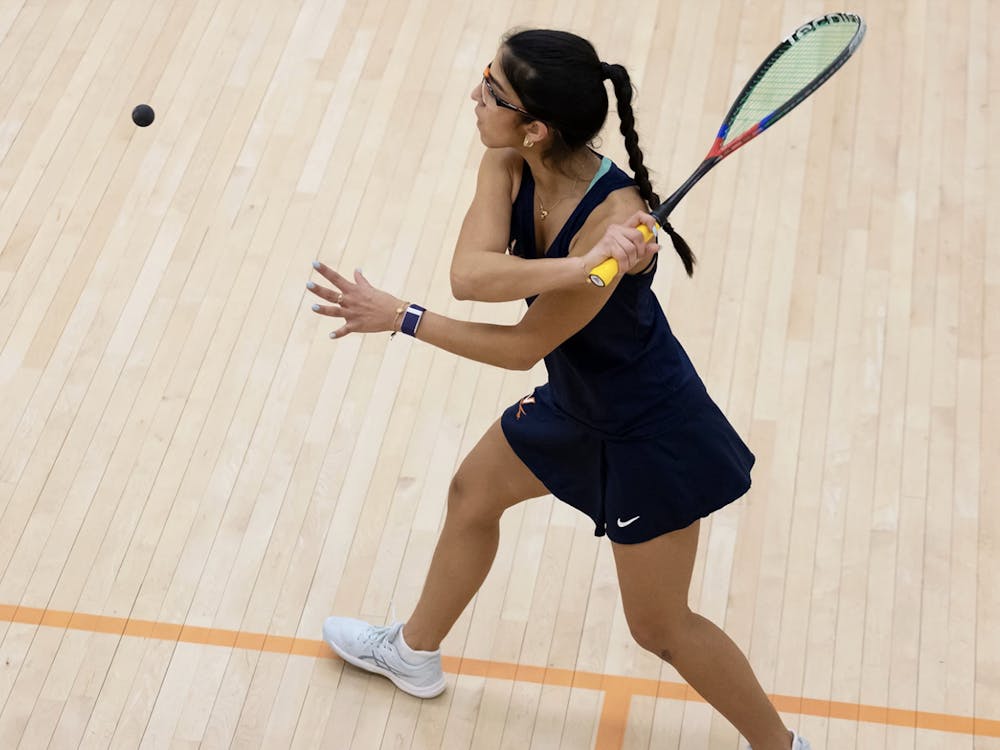My name is Paul, and I'm a college football-holic.
Other than the sacred month that is March Madness, college football Saturdays are my favorite days of the sports year. This past holiday weekend -- which featured the first full week of college football -- I watched over 25 hours of Division I-A pigskin (that's more hours than I slept over the same time span).
I love college football like Anna Nicole Smith loves chocolate cake. As the sports season changes from the boys of summer to the autumn battles on the gridiron, I look forward to the leaves changing and all that college football has to offer -- the new faces, the old traditions, the pageantry, the mascots, the fight songs, the intensity, the rivalries, the pride, the celebrations, the uncertainty of a new season, the Heisman, the openness of national title chase, the marching bands (notice I used the word marching, not pep).
However, there's something different about this season. With the allowance of a 12-game schedule this year and the influence the now all-important strength of schedule has on computer rankings for the BCS (especially now that margin of victory is no longer tabulated), there seem to be a lot more high quality, intersectional, non-conference games this year.
Most years, with the exception of the annual Florida-Florida State matchup, most of the crucial contests affecting the national title hunt come from conference games. That trend seems to have changed this season. During the first few weeks of the season, there are many intriguing and significant games pitting universities from not only different conferences but also different regions of the country.
College football programs' realization that the old "patsy-filled" non-conference schedule will no longer cut it -- facing only opponents like Florida A&M and West Tennessee State to serve as practice for conference -- has changed the face of college football. The new importance of strength-of-schedule was demonstrated last season when the Oregon Ducks did not get a chance to play for the national title in the Rose Bowl against the eventual champion Miami Hurricanes because their strength-of-schedule ranked 31st in the nation, leaving them only a few fractions of a point behind lower-ranked Nebraska, who made the trip to Pasadena.
With that in mind, football programs have taken advantage of the expanded schedule and actually are playing quality opponents as part of their non-conference schedule. In the past two weeks, college football fans have been treated to matchups that include Florida State vs. Iowa State, Notre Dame vs. Maryland, Virginia Tech vs. LSU, USC (the real USC -- Southern California, not South Carolina) vs. Auburn, Georgia vs. Clemson, and Michigan vs. Washington.
In the case of Georgia and Clemson, the two schools renewed a rivalry that has existed for over a century but had remained dormant since 1995. As for the Michigan-Washington game, it is already a front-runner for game of the year.
As a nationally televised game involving two top-10 teams trying to stay in the national championship race, it did not disappoint. In a game that featured a half-dozen lead changes and countless shifts in momentum and emotion, Michigan senior place kicker Philip Brabbs, who was making his first collegiate start of his career and already seemed to have lost his starting job after missing two critical field goals, booted a 44-yard game winning field goal as time expired to give now-No. 7 Michigan a 31-29 victory and make Brabbs big man on campus in Ann Arbor. Michigan coach Lloyd Carr went so far as to visit the Washington locker room after the game and proclaim the tilt the best game in which he'd ever been a part.
The next two weekends promise as much excitement, showcasing the following non-conference matchups: UCLA vs. Colorado State, Oklahoma vs. Alabama, Virginia Tech vs. Marshall, Notre Dame vs. Michigan, Penn State vs. Nebraska, Colorado vs. USC, Ohio State vs. Washington State, and next week's gem -- Florida vs. Miami. (Side note: Kudos to the defending national champions, who play Florida, Tennessee, and Florida State as part of their non-conference schedule. Simply, wow.)
The Virginia football program has followed suit, playing non-conference games against the likes of Colorado State, South Carolina and Penn State in addition to intrastate rival Virginia Tech this season.
Coach Al Groh understands that a Virginia schedule that includes nine bowl teams this season is the best thing that could happen for his young football team. Adhering to the philosophy of "you've got to beat the best to be the best," the Cavaliers are getting much-needed experience against quality competition rather than beating up on cupcakes.
"I don't think that's what competition is," Groh said. "For us to play some team like Eastern Hawaii State, or some team like that, that's not competition, that's an exhibition game."
With new winds changing the shape of the college football season, Groh's philosophy of playing a tough non-conference schedule has Virginia on the right track to returning to prominence.
Now, if they could only start beating the best






